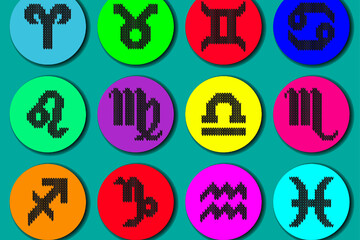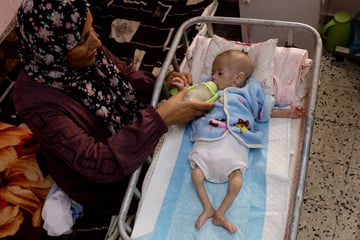Israel-Gaza war: Gaza strip split in two as Israeli troops expand airstrikes
Gaza - Israeli troops have completely divided the Gaza Strip into two halves and plan to expand airstrikes on Sunday evening, Israeli army spokesman Daniel Hagari said.
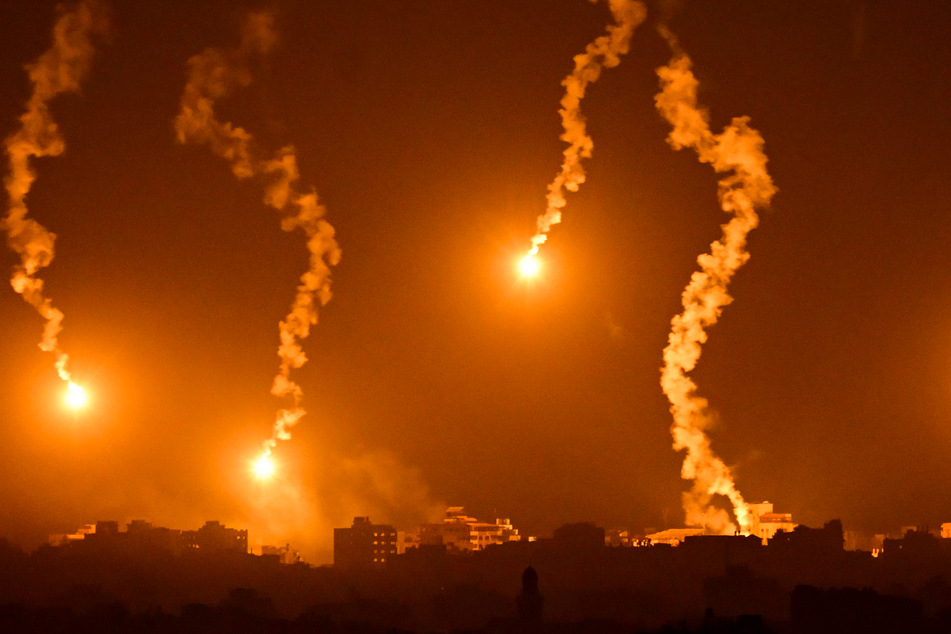
The news comes as tensions rose on Israel's northern front with Lebanon in what is now a month-old conflict.
Hagari said there is now "a northern Gaza and a southern Gaza." Units had reached the coast in the southern part of Gaza City and were "holding" the area, he said. Gaza City is now completely surrounded, in what he called a decisive step.
However, civilians should still be able to flee to the southern part of the strip, he said.
Hagari also confirmed that airstrikes would be expanded on the densely populated coastal strip in the evening.
According to the Palestinian telecommunications company Paltel, all communication and internet services had once again failed in the Gaza Strip.
"We regret to inform you that all internet and communication services with the Gaza Strip have been interrupted," Paltel, which is based in the West Bank, announced on Sunday evening.
The reason is said to be main lines that have been switched off by Israel. There was initially no confirmation from the Israeli side.
It was the third telecommunications outage since the war began on October 7. The Palestinian Red Crescent wrote on X that it had lost contact with its rescue teams in the Gaza Strip.
Casualties climb in Gaza as tensions escalate
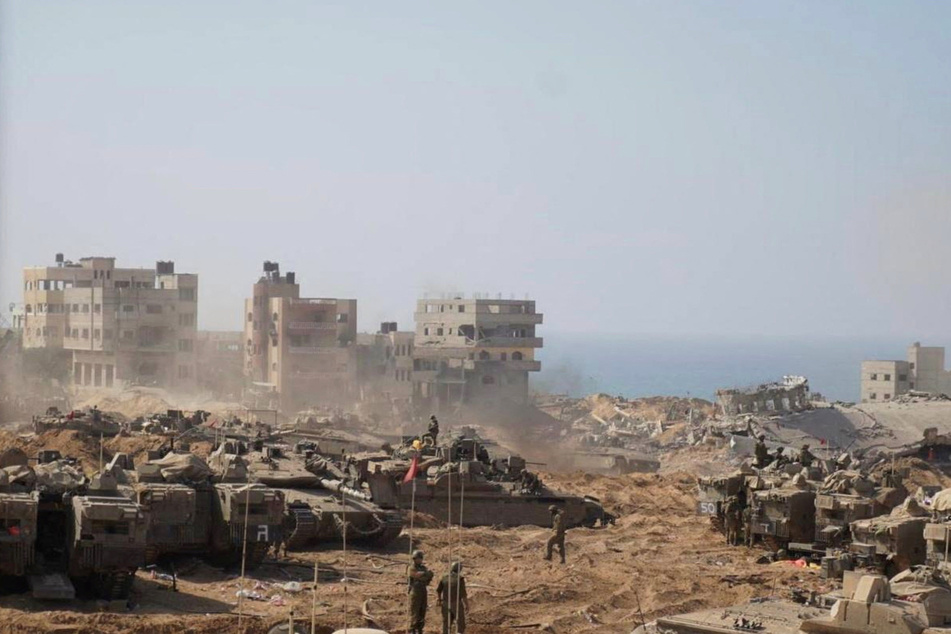
Also in Gaza, the number of UN employees killed so far rose to 79, five of them killed within 48 hours, the United Nations Relief and Works Agency for Palestine Refugees in the Near East (UNRWA) announced on Sunday. At least 24 others have been injured, it said.
On the northern front, tensions escalated.
An Israeli vehicle was hit by an anti-tank missile on the border with Lebanon on Sunday, the IDF said, adding that it was fired from Lebanon.
The military returned fire and attacked the site of the attack, it said. An army spokesman said one of the attacks resulted in the death of an Israeli citizen.
The Lebanese Hezbollah militia stated that it had attacked a group of Israeli soldiers near the border, causing casualties.
According to the army, the Israeli missile defense had previously intercepted a drone from Lebanon. In addition, several missiles were fired from Lebanon towards northern Israel. In both cases, the artillery attacked targets in the northern neighboring country.
In Lebanon, three children and their grandmother were killed on Sunday when an Israeli drone hit their car in a southern Lebanese village, Hezbollah and security sources said.
Hezbollah said the drone hit the car of relatives of the Lebanese journalist Samir Ayoub. Ayoub was traveling in one car and his niece's children and their grandmother in another. The state-run news agency NNA confirmed that the four dead were Ayoub's relatives.
Lebanon's Hezbollah exchanges fire with Israel
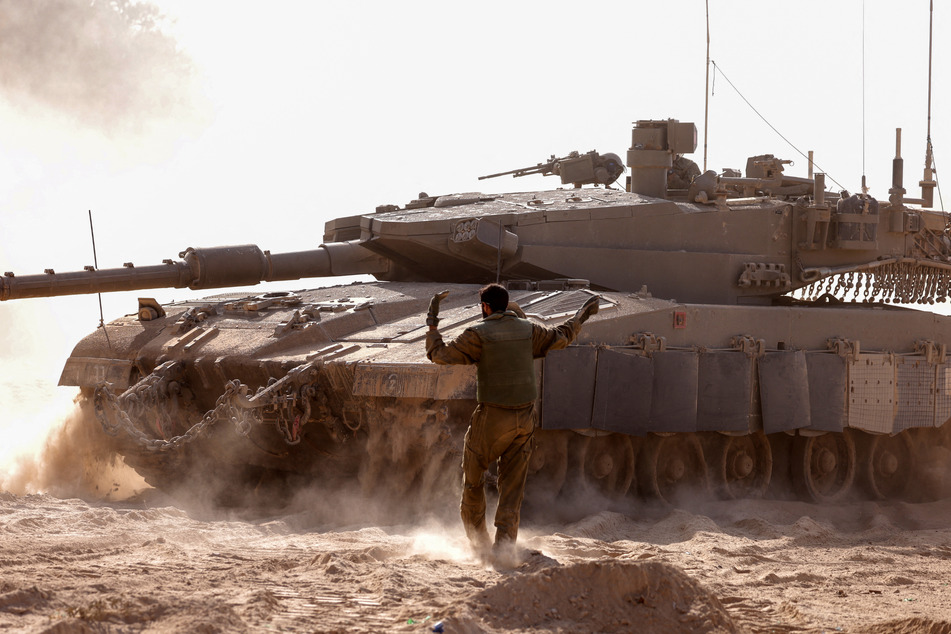
Hezbollah, which is backed by Iran, said in a statement that in response "to the heinous, brutal crime committed by the Zionist enemy this afternoon...the fighters of the Islamic Resistance [Hezbollah] bombed Kiryat Shmona with a number of Grad [Katyusha] rockets."
Ayoub told the Lebanese pro-Hezbollah al-Mayadeen television that "the [Israeli] occupation cannot claim that the children in the car belong to the resistance in Lebanon." He added that the worst thing was to hear the children burning, and he could not do anything.
"The Israeli enemy's targeting of civilians in its aggression against Lebanon... is a heinous crime added to the record of the occupation's crimes," Lebanese caretaker Prime Minister Nagib Mikati said.
The Israeli army's Arab media spokesman, Avichay Adraee, said: "Hezbollah is attacking Israeli military sites and civilian towns without distinguishing between civilians and military personnel.
"The terrorist Hezbollah continues to destabilize security on the northern border and targets the residents of the north indiscriminately, risking stability in southern Lebanon."
Hezbollah has links to the Palestinian Islamist Hamas movement, which controls the Gaza Strip but is considered to be much more influential and powerful. It is also considered Iran's most important non-state ally and is part of the self-proclaimed "Resistance Axis," a front of militias with the aim of fighting Israel.
Cover photo: ARIS MESSINIS / AFP
